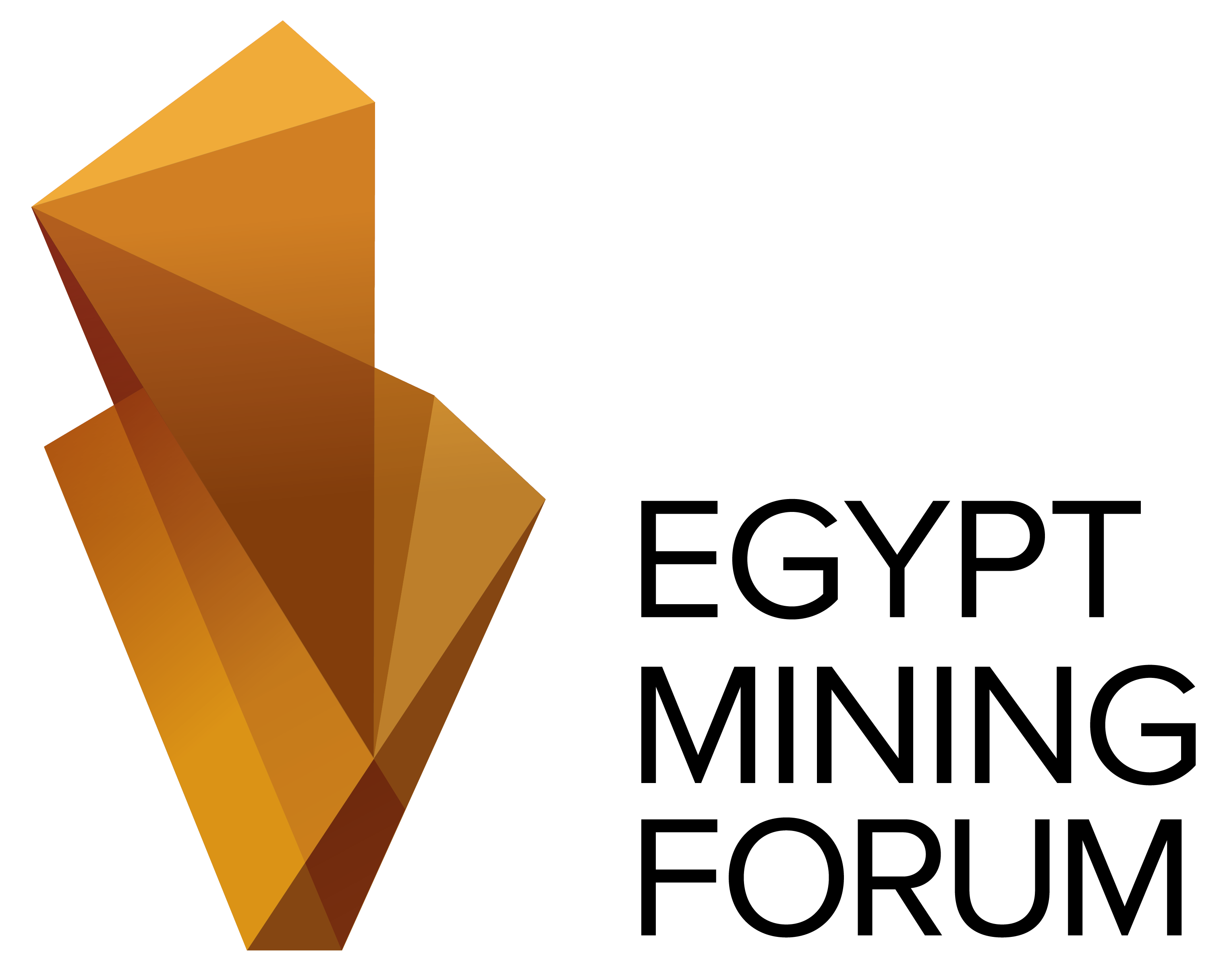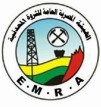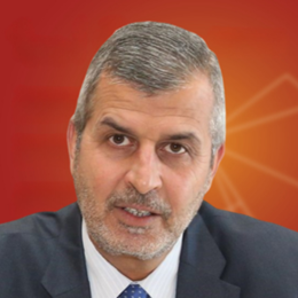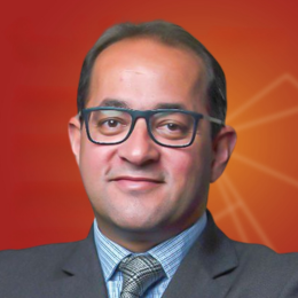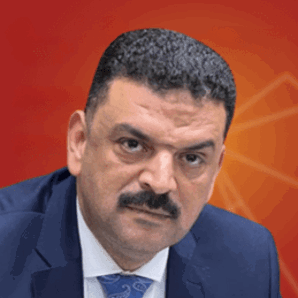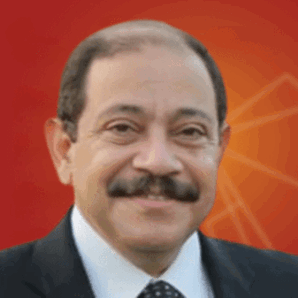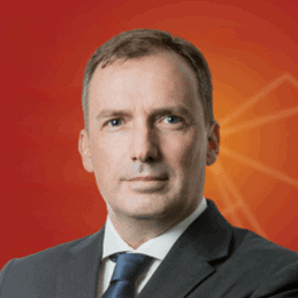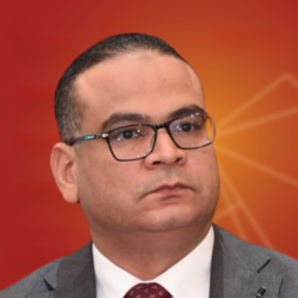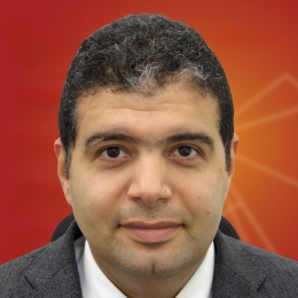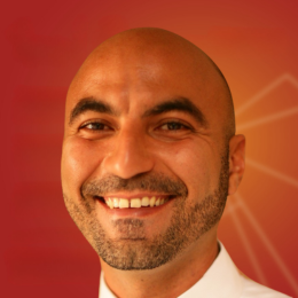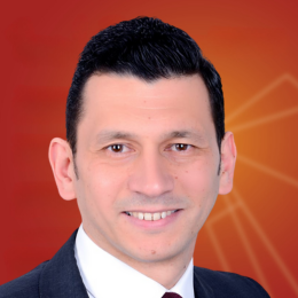Tuesday, 15 July 2025
Wednesday, 16 July 2025
10:25 - 10:30
OFFICIAL OPENING CEREMONY
10:30 - 10:45
MINISTERIAL KEYNOTE SPEECH
Why Egypt, Why Now: Pioneering the Future of Mineral Exploration Investments
With rich yet underexplored geology, investment-friendly policies, and strategic infrastructure, Egypt is rapidly emerging as a top destination for mineral exploration, with the ambition to become a regional hub for raw material extraction and processing. The government aims to increase the mining sector’s contribution to 6% of GDP, making it a key pillar of economic growth. One of the biggest challenges Egypt faced in the past was complex regulations and lengthy licensing procedures, which deterred foreign investment. To address this, the government has introduced a series of reforms to make the sector more attractive. Key regulatory reforms, including the Model Mining Exploitation Agreement (MMEA) and the launch of the Mining Investment Portal, have improved licensing transparency, fiscal incentives, and ease of doing business. With a stable regulatory environment, competitive fiscal terms, and increasing exploration activity, Egypt is positioning itself as an attractive and globally competitive mining investment destination.
Attendee Insights:
This keynote speech will provide a comprehensive update on the current landscape of Egypt’s mining sector, highlighting key reforms, emerging opportunities, and competitive advantages that position the country as a prime destination for global investors and junior exploration companies.
10:45 - 11:30
LEADERSHIP PANEL DISCUSSION
Attracting Strategic Partners and Junior Exploration Companies to Drive Long-Term Mining Growth
Finding a mineral deposit and developing it into a commercial mine is a long, costly and complex process that can take several years. Considered a high-risk industry with many unique characteristics, governments have an important role to play in the development of the mineral resources of their countries, as well as attracting long-term strategic partners to create a thriving sector. For any country to develop its exploration sector, clarity around regulations and security of tenure is fundamental, as international investors seek clear and transparent guidelines for exploiting commercially viable mineral resources before committing to investments. Governments can support this process by establishing clear legal frameworks, ensuring political stability, providing comprehensive geological data, and promoting environmentally responsible practices. To ensure continued investment, embracing low carbon operations and actively reducing waste and emissions will not only attract strategic partners but also ensure a sustainable and competitive mining industry.
Attendee Insights
A vital ministerial panel which discusses the role of governments in attracting strategic partners and junior exploration companies to drive long-term growth.
11:30 - 12:30
EXHIBITION INAUGURATION
13:30 - 14:15
PANEL DISCUSSION
How Egypt’s New Model Mining Exploitation Agreement Can Build an Investor-Friendly Sector
The Ministry of Petroleum and Mineral Resources recently signed a framework agreement to implement the Model Mining Exploitation Agreement (MMEA), reinforcing Egypt’s commitment to creating a transparent, investor-friendly mining sector. The MMEA establishes a clear framework to govern both exploration and exploitation phases, designed to simplify licensing, improve transparency, and provide balanced fiscal terms for investors. This agreement sets the foundation for long-term partnerships, ensuring an equitable economic outcome between the state and industry while aligning Egypt’s regulatory framework with international best practices to attract global mining investment. With this framework in place, Egypt is unlocking its full mineral potential, expanding opportunities in its exploration sector, creating an environment where foreign and domestic investors can operate with confidence, security, and long-term growth prospects.
Attendee Insights
This discussion will provide insights into how the MMEA is putting Egypt’s mining industry on the international map, what investors should know, and what the future holds for the sector.
14:15 - 14:35
FIRESIDE CHAT
Building Egypt’s Second Commercial Mine: Advancing Abu Marawat from Exploration to Production
As Egypt continues to expand and modernise its mining sector, Aton Resources is positioning itself to become the country's next major gold producer. Having recently become the first foreign company to be issued a mining license under Egypt’s new mining framework, following in the footsteps of Centamin, which developed Sukari, the country's first modern commercial operation, Aton Resources has been active in Egypt since 2007, when it was awarded the Abu Marawat Concession in the Eastern Desert, with on-ground exploration commencing in 2009. Over the years, the company has made significant gold discoveries, and with continued drilling success, it is now advancing toward mine development and eventual production. As Aton Resources moves closer to production, its success could open the door for further investment in Egypt, reinforcing the country’s position as an emerging mining hub.
Attendee Insights
This fireside chat will delve into Aton Resources’ Abu Marawat Concession, discussing the challenges and opportunities of transitioning from exploration to production, and the broader impact its success could have on Egypt’s mining sector.
14:35 - 15:20
PANEL DISCUSSION
Beyond Gold: Critical Minerals and Base Metals in the Arabian Nubian Shield and Eastern Desert
The Arabian Nubian Shield is one of the world’s oldest and geologically rich regions, stretching across Egypt, Sudan, Eritrea, Ethiopia, Saudi Arabia and Jordan. For decades, gold has been the primary focus of exploration projects in the Arabian Nubian Shield, while the region has produced world class gold mines, its broader mineral wealth remains largely underexplored and untapped. Today, sourcing critical minerals and base metals is essential not only for national security but also to meet the rising global demand for a low-carbon future. In response to this growing demand, the Arabian Nubian Shield is being recognised as an important source of minerals beyond gold, including copper, zinc, rare earth elements, and phosphate. Through regional collaboration, countries in the Arabian Nubian Shield can develop diverse and secure mineral supply chains, supporting a sustainable future, and creating an environment for investment into the region.
Attendee Insights
This panel will explore how the Arabian Nubian Shield, long recognised for its gold deposits, can become a key supplier of critical minerals and base metals to support the growing global demand.
15:20 - 16:05
PANEL DISCUSSION
Risk, Reward and Reality: How Global Mining Companies Assess Investment Destinations
International mining companies, led by their boards and management teams, are constantly seeking new investment destinations where they can apply their skills, expertise, and resources to create financial rewards through mineral exploration and extraction. Major mining companies have the freedom to choose where to invest, evaluating each country based on a range of critical factors. While some jurisdictions offer rich geological potential, they may also come with regulatory, geopolitical, or financial risks. On the other hand, many locations may offer better stability but may be less resource rich. Mining is an inherently high-risk and highly competitive industry, with countries actively competing to attract investment from global mining firms. While no country is entirely risk-free, those that implement investor-friendly policies, ensure regulatory transparency, maintain political stability, and invest in infrastructure can reduce risks, enhance their appeal, and secure a larger share of global mining capital.
Attendee Insights
This panel discussion explores how major mining firms, investors and analysts assess new markets, and the key factors driving decision-making.
10:00 - 10:45
PANEL DISCUSSION
Global Commodities Outlook: Supply, Demand, and Price Forecasts
The mining industry is at the centre of global commodity markets, supplying the raw materials essential for national security, economic and industrial growth, infrastructure development, and the low carbon future. However, shifting macroeconomic conditions, geopolitical uncertainties, and technological advancements are reshaping supply-demand dynamics for key mined commodities, such as copper, lithium, nickel, and rare earth elements, impacting prices and investment strategies. Meanwhile, traditional commodities like gold, silver, and base metals continue to serve as safe-haven investments and industrial essentials. The challenge for the mining industry is to balance production with shifting global trends, navigate supply chain constraints, and anticipate market trends that will impact project viability and long-term investment.
Attendee Insights
This discussion will explore how economic trends and competitiveness, regulatory changes, and geopolitical events are shaping the future of mining, the role of exploration in securing supply, and what the industry needs to know to adapt to changing market dynamics.
10:45 - 11:30
PANEL DISCUSSION
Managing Exploration Risks and Unlocking Resource Potential
Junior mining companies take on speculative investments in early-stage exploration, knowing that many projects will not lead to success. However, when they do succeed, the potential rewards can be substantial, leading to commercial discoveries that significantly increase the value of their assets, attract larger investors or major mining companies for partnerships or acquisitions, and ultimately generate high returns on investment. Many projects fail to advance beyond early drilling, often due to poor resource quality, lack of funding, or unexpected geological challenges. Managing these risks effectively can mean the difference between securing investment and advancing a project or facing financial setbacks and project abandonment.
Attendee Insights
This discussion will provide actionable insights on managing exploration risks, securing financing, and applying best practices to maximise resource potential.
11:30 - 12:15
PANEL DISCUSSION
The Role of Banks and Financial Institutions in Financing Early-Stage Exploration Projects
Junior mining companies are considered as the backbone of exploration and are instrumental in laying the groundwork for potential discoveries of commercial mines. Securing financing is one of the most significant challenges for junior mining companies as early-stage projects are inherently high-risk, with long timelines before any cash flow is generated. Banks and institutional lenders play a crucial role in financing mining projects, but their involvement is often limited to later-stage developments. Unlike venture capitalists or private equity investors who may take on higher-risk early-stage exploration, banks and institutional lenders typically fund mid-to-late-stage mining projects, where there is proven economic viability and reduced financial risk. While banks and institutional lenders remain cautious about early-stage mining projects, they are increasingly engaging in long-term financing for projects with well-defined resources, feasibility studies, and offtake agreements.
Attendee Insights
This panel will explore how banks and institutional investors, can support early-stage mining projects, helping junior miners access the capital needed to make discoveries.
12:15 - 13:30
LUNCH, EXHIBITION AND NETWORKING
13:30 - 14:15
PANEL DISCUSSION
Increasing Transparency and Accessibility for Investors Through Egypt’s Mining Portal
Following plans to transform EMRA into an economic body, Egypt is launching a dedicated investment portal that will reshape its mining industry in line with a modernised mining code. This initiative represents a major step toward creating an investment-friendly sector, offering greater transparency, accessibility, and efficiency for potential investors. The portal is designed to facilitate investment opportunities for companies interested in Egypt’s exploration sector, while also promoting the country’s mining industry globally and providing updates on upcoming bid rounds. Serving as a centralised hub, the platform will connect stakeholders, enhance transparency, and streamline investment processes. It will enable the government to provide real-time geological data, making it easier for investors to access licensing opportunities for exploration, understand regulatory frameworks, and obtain key resource information needed to make informed investment decisions and accelerate exploration projects.
Attendee Insights
This session will introduce the features, benefits, and strategic importance of Egypt’s Investment Portal, demonstrating how it increases transparency and improves licensing efficiency.
14:15 - 14:45
FIRESIDE CHAT
Assessing Progress and Mapping the Future of Egypt’s Mining Sector
After one year in office, His Excellency Karim Badawi, Egypt’s Minister of Petroleum and Mineral Resources, has led significant advancements in Egypt’s mining sector, notably finalising the Model Mining Exploitation Agreement, alongside industry partners Barrick Gold Corporation and AngloGold Ashanti. This framework is designed to unlock Egypt’s rich mineral resources, modernise the mining sector and position the country prominently on the global investment map. Moving forward, the continued implementation of investor-friendly policies, together with investments in people and talent development, will be essential for fully realising the sector’s economic potential and achieving a mining contribution of 6% to Egypt’s GDP. As these reforms gain momentum, what new mining concessions and bid rounds can investors anticipate in the coming months?
Attendee Insights
This fireside chat with His Excellency Karim Badawi will offer an exclusive look into Egypt’s mining roadmap, reviewing progress achieved since his appointment, and the government’s long-term vision for sector growth.
